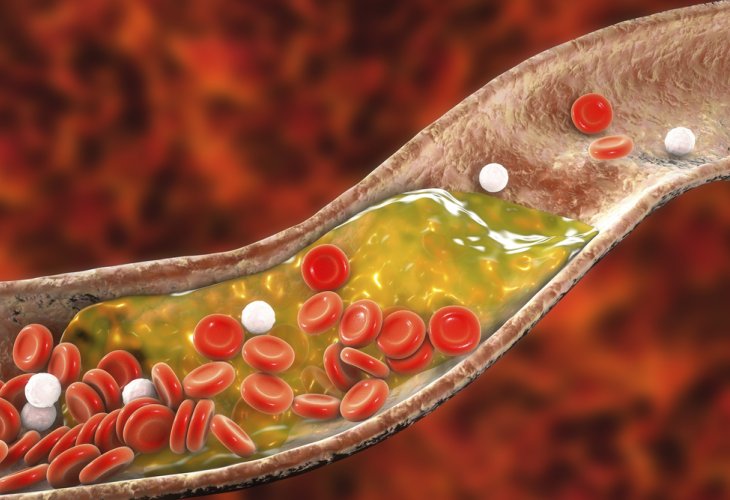Understanding Cholesterol: Why We Need It and How to Manage It
Explore the differences between good and bad cholesterol, and why cholesterol is essential for our health.
 (Photo: shutterstock)
(Photo: shutterstock)Cholesterol often gets a bad rap, but not always for the right reasons. Sometimes, in our effort to burn and reduce cholesterol, we forget that it is an essential component in every cell of our bodies. In fact, there is no life without cholesterol.
What is Cholesterol?
Cholesterol is an organic compound found in the membrane of every cell in the body. It plays a crucial role in the proper functioning of the body: it is involved in building cell membranes, hormones, vitamins, bile acids, and steroids.
Substances known as lipoproteins carry cholesterol through the bloodstream and distribute it throughout the body.
The LDL (bad cholesterol) carries cholesterol from the liver, where it's produced, to the cells that need it; the HDL (good cholesterol) collects excess cholesterol from the cells and returns it to the liver, where it gets broken down and excreted from the body or recycled.
Essentially, HDL helps to remove LDL from the bloodstream, thereby reducing its deposition on blood vessel walls.
How can we reduce LDL through diet? And which foods can help us increase our HDL?
Soluble dietary fibers can significantly reduce bad cholesterol levels in the blood (as well as the risk of developing many other diseases). Oats, brown rice, legumes. Make sure to include soluble fibers in every meal. In the morning, you can eat oatmeal porridge with fruits. You can reduce cholesterol by eating more vibrant fruits and vegetables. Make it a point to eat at least 5 kinds of fresh or cooked vegetables.
Olive oil raises the levels of HDL (good cholesterol) in the blood. There are countless ways to use olive oil – add it to vegetables, sauces, salads.
Garlic and onions are good additions to dishes; they help lower LDL cholesterol levels and raise good cholesterol levels; herbs rich in antioxidants prevent the oxidation of cholesterol.
It has also been found that walnuts reduce cholesterol and triglyceride levels in the blood, eat a handful daily.
Excessive caffeine drinking can be harmful. It's preferable to drink green tea, which is rich in powerful antioxidants called polyphenols, which help reduce LDL and increase HDL.
Of course, avoid saturated and trans fats, white sugar, and alcohol, which encourage the liver to produce cholesterol.
Wishing you good health.
To book a home event with Rebbetzin Rachel Betzalel, call 073-2221240 or 052-9551588

